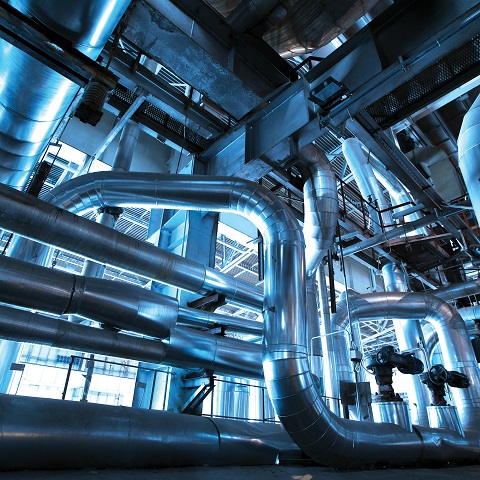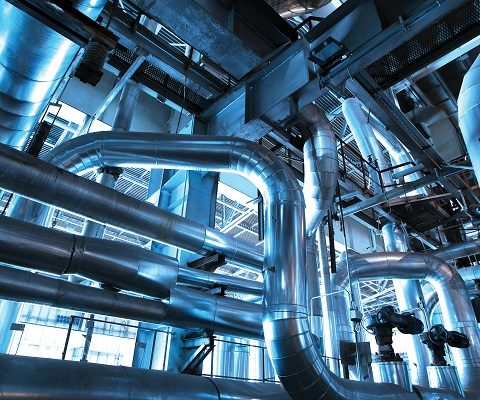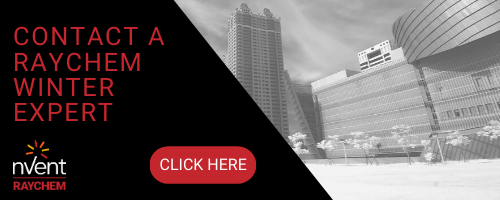During the winter months, it is common to experience cold temperatures. However, in recent years, we have witnessed extreme weather phenomena such as polar vortexes and unprecedented storms. It is crucial for industrial facilities to be prepared for these conditions by implementing a heat tracing system. This system will ensure that your facilities are adequately heated and protected during the winter season.
Find out how you can protect your product and plant against freeze-up.
Common Problems in Industrial Facilities During Winter
According to the Chemical Industries Association, there are several common issues that affect industrial facilities during winter:
- Freezing in certain lines can cause chemical reactions depending on the type of facility
- Snow and ice loads can often cause structural failures
- Widespread freezing can cause failure within lines and start a knock-on effect throughout the entire plant
- Interruption in gas supply can lead to problems with maintaining the energy to power plants
- Increase in safety incidents on site due to slipping, falling and snow clearance
Any one of these incidents can halt production schedules and should be avoided at all costs.
Prepare your Facilities for Winter
The key to preparing your facility for winter is performing pre-winter audits to identify and conduct any needed maintenance and repairs.
Early testing to verify the integrity of the heat trace system; Spot checking the heating cable, ground-fault breakers, heat trace components, controllers and insulation; and allowing time to address issues that may pose potential risks during winter conditions.
These checks should happen early in the year, but even if you are just getting around to this process now – it can be enough to get fixes in place.
How Can a Heat Tracing System Lead to Enhanced Protection?
The main purpose of a heat trace system is to protect against freezing temperatures, and a plant doesn’t necessarily need to be in an extreme weather region to have potential for a freeze.
Electric heat tracing systems keep non-flowing water in pipes, pumps and associated equipment from freezing by replacing the heat losst through the thermal insulation.
When installed correctly, these high-performance systems are both energy efficient and extremely reliable. Typical applications in an industrial facility include:
- Pipe freeze protection of water lines
- Process temperature maintenance
- Safety showers and eyewash stations
If you are looking to improve operations in your plant during winter and think a heat trace system may be the solution – contact an nVent RAYCHEM winter expert today.



